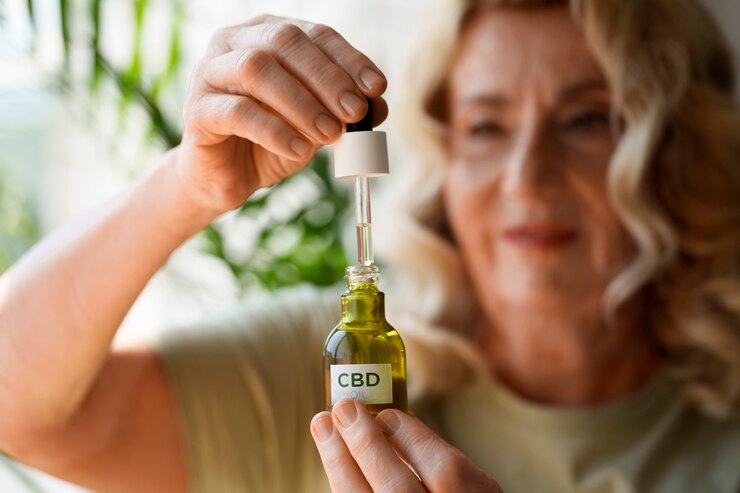Cannabidiol (CBD), a compound found in the cannabis plant, has garnered significant public interest for its potential therapeutic benefits. Among its proposed uses, easing anxiety and obsessive-compulsive disorder (OCD) symptoms are frequently discussed.
However, navigating the information surrounding CBD can be challenging, as claims often outpace the available scientific evidence. This blog aims to provide a balanced perspective by exploring the current understanding of CBD for anxiety and OCD, highlighting both promising possibilities and crucial limitations.
CBD’s Potential Benefits for Anxiety
Anxiety disorders are prevalent conditions affecting millions globally. While existing treatments like medication and therapy are effective, some individuals seek additional or alternative approaches. In this context, CBD has emerged as a potential candidate for managing anxiety symptoms.
The rationale behind exploring CBD for anxiety stems from its interaction with the endocannabinoid system (ECS), a network of receptors present throughout the body, including the brain, that plays a role in regulating various functions, including mood and stress response. Studies suggest that CBD may influence the ECS in a way that promotes relaxation and reduces anxiety.
A 2017 review of studies, published in the journal “Neuropsychopharmacology”, analyzed existing research on CBD and anxiety. The review concluded that preliminary evidence suggests CBD may have anxiolytic (anxiety-reducing) effects, particularly in social anxiety disorder. However, the authors emphasized the need for further large-scale clinical trials to confirm these findings.
Challenges and Limitations
While the initial research on CBD for anxiety is promising, several crucial limitations exist:
- Limited research: The current body of research exploring CBD’s impact on anxiety is relatively young and lacks extensive data from large-scale clinical trials, considered the gold standard for establishing efficacy.
- Dosage and formulation variability: Studies investigating CBD for anxiety have used varying doses and formulations, making it challenging to determine a definitive effective dose or specific delivery method (e.g., oil, capsules, etc.).
- Confounding factors: Anxiety often co-occurs with other mental health conditions, making it difficult to isolate the specific effects of CBD on anxiety symptoms in individual cases.
- Potential drug interactions: CBD can interact with certain medications, so it’s crucial to consult a healthcare professional before using CBD, especially if taking prescribed medications.
CBD and OCD: A Different Landscape
The research on CBD for OCD is even more limited compared to anxiety. While some small-scale studies and anecdotal reports suggest potential benefits, the overall evidence base is insufficient to draw definitive conclusions.
A 2020 review published in the journal “Frontiers in Psychiatry” highlighted the lack of conclusive evidence regarding CBD’s efficacy for OCD, emphasizing the need for well-designed clinical trials to understand its potential effectiveness and safety in managing OCD symptoms.
Important Considerations
Given the current state of knowledge, it’s essential to approach using CBD for anxiety or OCD with caution and informed decision-making:
- Consult a healthcare professional: Before considering CBD, it’s crucial to consult with a healthcare professional to discuss your specific situation, understand potential interactions with existing medications, and determine if CBD is a suitable option for you.
- Be realistic about expectations: The research on CBD for both anxiety and OCD is ongoing and inconclusive. It’s crucial to maintain realistic expectations and understand that CBD is not a guaranteed cure or replacement for established treatment options.
- Start low and slow: If, under the guidance of a healthcare professional, you decide to try CBD, start with a low dose and gradually increase it, carefully monitoring any potential side effects.
Conclusion
CBD has sparked interest for its potential therapeutic applications, including managing anxiety and OCD symptoms. While early research shows promise, especially for anxiety, the evidence remains insufficient to consider CBD a definitive treatment option for either condition.
Further research is crucial to establish efficacy, determine optimal doses and formulations, and understand long-term safety profiles.
It’s important to remember that managing both anxiety and OCD requires a comprehensive approach. This may involve a combination of therapy, medication (if prescribed by a healthcare professional), and lifestyle modifications. If you’re struggling with either condition, seeking professional help from a qualified healthcare provider is always recommended.

